Thobe fabric :: For long the garments export from Bangladesh has been led by knitwear and the woven sector was in a developing stage showing promising growth. Today, export of woven-wear has surpassed knitwear export in value and the last two fiscal years has been showing the same trend. There was a stereotype about the woven sector that without the USA GSP there will be no substantial growth. But this consistency in the woven export in the last couple of years brings new hopes in the woven garments sector. Woven garments are not limited only in basic shirts and trousers or jackets, there are other unexplored markets that we may hunt for. As woven is in the spotlight, this issue reveals you with an untapped market of woven that we can capitalize to bolster our export basket in the near future.
Introduction
Product and market innovation is a must for the expansion of our garments export. Over dependence on knitwear and the European market is not sufficient for the sustainable development of the RMG sector. Thus, the recent surge in the woven export must be appreciated and sustained.
Export of woven garment fetched US$ 13.06 billion in FY 2014-15, up by 5.0 per cent as compared to that of the previous fiscal year, according to the Export Promotion Bureau (EPB). During the period, knit earnings stood at $12.42 billion, marking a 3.13 per cent growth. But king percentage of the export is destined to the EU and US market only. In the last five or six years there has been a strong marketing in the unexplored part of the worldfrom the government and garments export authorities.Turkey, China, India, Japan, Australia, Russia, South Korea, Mexico, South Africa, Brazil and Chile were grouped as non-traditional markets and the results were really positive with substantial growth. The last FY of 2014 export grew by 21% in the non-traditional markets.
But the Middle Eastern countries are still being left untapped which is a huge opportunity loss according to market specialists.
As it is shown in the pie chart that 50% of the woven-wear export goes to the EU countries and 31% to US. The non-traditional markets consume 11% with Canada 4% and the rest 4% is destined to other countries including the middle-east countries.
Middle-east countries have a huge demand of woven-wear and the yearly import value is almost 5 billion US$ where Bangladesh’s contribution tends to zero.
Facts about Middle-East Woven Market (The Thobe)
The reasons behind the failure in the Middle East market is that the typical woven-wears (basic shirts, trousers, jackets) are not popular in those countries. This is because 80% of the population in the Middle East countries wear a special traditional dress ‘thobe’.
A thawb or thobe, is an ankle-length garment made from cotton or synthetic woven fabric, usually with long sleeves, similar to a robe.The word thawb or thobe is the standard Arabic word for ‘a garment’. It is the traditional Arabian wear for men. It is sometimes spelled thobe or thaub. Thobe is known as other different name in different countries as well; for example, thobe is known as ‘Disdasha’ in Libya. It is also called as ‘kandura’ in UAE. In Bangladesh thobe is known as ‘Jubba’. The style of the thobe varies slightly among the various regions within the Persian Gulf. The sleeves and the collar can be stiffened to give a more formal appearance. In Morocco, the sleeves tend to be much shorter so that the thobe may seem more like a long T-shirt and is locally called gandora. Also the neck tends to be more open than in its Saudi counterpart and is often embroidered as is the breast pocket. Also it might lack buttons altogether.
The term thawb is also used to refer to similar women’s garments. The traditional Palestinian woman’s long tunic is called thawb. Another example is a very long, over-sized woman’s garment with a heavily embroidered front panel and billowing back, also known as a Khaleeji dress.
From garmenting point of view thobes are much easier to sew compared to basic shirts or trousers where there is 15-16 parts to cut and join together. The thing with thobes are the fabric. Arabians in the Middle East mostly have opulent lifestyle and they never compromise with the quality of garment they are wearing. The fabrics in demand for making thobes are mostly woven fabrics made from full cotton or synthetic yarns or artificial filament yarns. Among the young generation thobes are being fashionified with colour patterns, apliques and other motifs but the original flavor being the same as thobe carries great significance traditionally and spiritually in the Middle East countries.
Significance of Wearing Thobes
When we talk about traditional dress for Muslim men, Islamic Thobes are on top of the chart. Men love wearing thobes as they are easy to carry and extremely comfortable. Thobes were earlier available in white color only, but today we can find various colors available in the market. Though a number of variations are available in the market now, the designers have kept in mind the codes of Islam while modifying the garments. Thobes are sign of following beliefs for the Muslim community.
Obedience: It is believed that Prophet Muhammad (pbuh) instructed people to keep their entire body covered except for the hands, face and feet. Also, the material of the outfit should be thick enough that the skin of the body is not visible to others. A Thobe is in accordance to all the rules and regulations of Islam. It resembles a robe that reached till the ankles and is made of thick material. By wearing a Thobe, a Muslim man feels that he is following the instructions of Prophet Muhammad (pbuh).
Knowing yourself: Wearing flashy and designer clothes can enhance the look of any individual and can make anyone look stylish and fashionable, but when you wear plain and simple clothes, you can show what you really are. People who talk to you and entertain you will not do so because of your outer beauty, but will appreciate what you really are. When a man wears a simple Thobe, he represents what he really is and is loved for his original personality.
Gain Respect: Every individual wants to lead a respectable life in the society and among Muslims, a man following the footsteps of Prophet Muhammad (pbuh) is respected the most. When you wear a Thobe, it is clear that you are following the instructions given by Prophet Muhammad (pbuh), hence, you automatically gain respect in the eyes of others.
Comfort: Provision of comfort is one of the main reasons why Muslim men prefer wearing Thobes. This outfit provides comfort and at the same time enables a Muslim to follow all the codes of Islamic dressing.
Market Opportunities
Japan, China and South Korea are Champion fabric exporters to Middle East. As the following table depicts Saudi, Kuwait, Jordan, Egypt, UAE and Iran are the biggest export destinations for woven fabric from China. Apart from Turkey and Indonesia the other non-Muslim countries are exporting woven fabrics that mostly are being made to Islamic thobes. Apart from China, Bangladesh has better capacity compared to the other exporting countries in the list, provided that there are enough orders and quality of products. Being a Muslim country it shouldn’t be a big deal for Bangladesh delegates to capture the Middle East’s thobe market. If properly capitalize Bangladesh could easily explore upto 2 billion US$ more exports of thobe fabrics to the Middle East countries.
Conclusion
Bangladesh has expertise in exporting basic garments like shirts, T-shirts, polos, trousers, shorts, jackets, tank tops and baby items. Additionally, Thobes can be the easiest solution for versatility in the product list in offering. It’s easy to cut and make and has a huge demand in the Middle East countries.Concentrating the Middle East zone would definitely ease pressure on sustaining the EU and USA market. Still 81% of the total woven exports are destined to these two regions which is not a sustainable way to do business. Thobes are a huge opportunity for market innovation and profitability. As the woven textile sector is still in the maturing stage, the first target should be to use exported woven fabrics but indigenous capability to produce quality woven fabrics to suite the Arabian taste is a must to explore the 5 billion US$ thobe market in the Middle East countries.


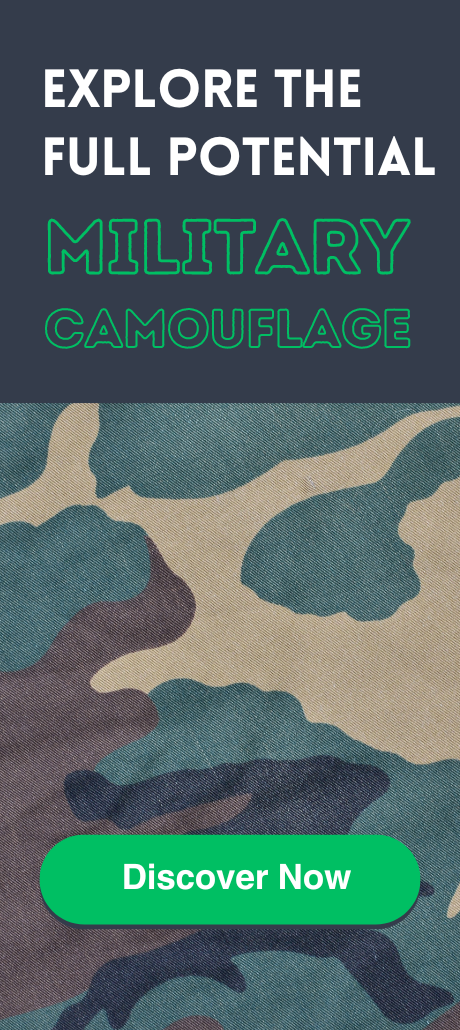






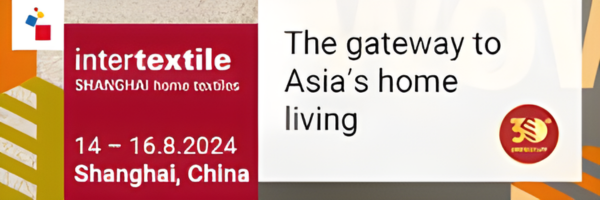



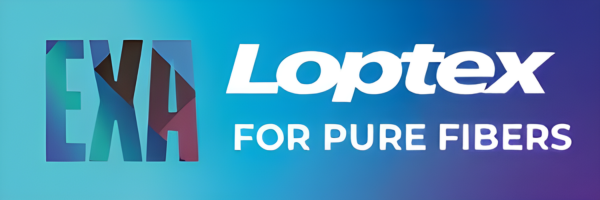
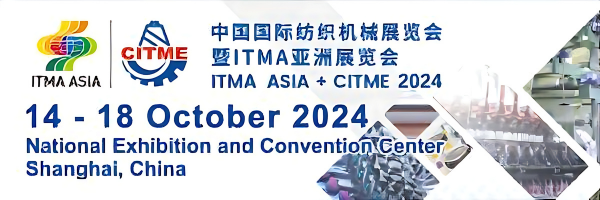


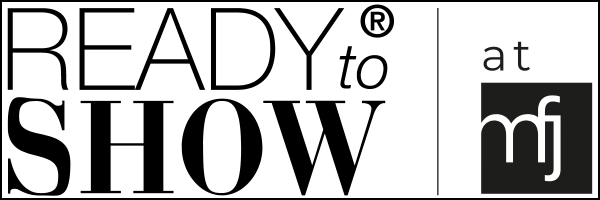
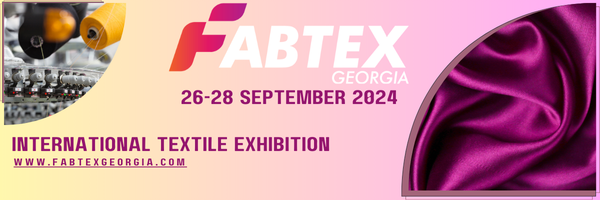
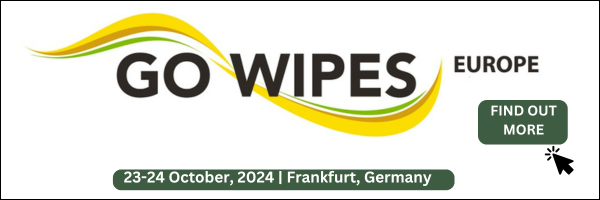


Attn: Dear Sir
We would like to introduce ourselves as a leading company in the Middle Est for fabric & garment business.
We have more than 50 years of experience in woven textile and garment business, as sole agent of many companies & factories from Korea., Indonesia, Taiwan, Thailand, China, Vietnam, India And others.
Our main office in Jeddah – Saudi Arabia and we have branches in all Saudi Arabian main cities like Riyadh and Dammam. Our import quantity per year is between $-60 to 65 Million.
We have interest to start business with you. Please kindly send all your collection samples to our address.
Thanks, Regard’s
Mohammed Shafi
Marketing manager
Uniform Experts Est (SACURA)
Jeddah, Saudi Arabia
SACURA FASHION APPAREL
Uniforms Experts Trading Est.
6883 King Abdul Aziz St. – Al Balad Dist.
Queen Building – Floor 11 – Unit 1008
Jeddah 22233 – 2857 – Saudi Arabia
Tel: +966 (12) 605 5909 – Fax: +966 (12) 605 5909
Mobile : +966 554415339
E-mail: [email protected]
Website: http://www.sacuraksa.com
We need thobe toyobo fabric
contact : MR, Salman Raza
Company name: Bin Rizwan
[email protected]
Buyer
Asalamualikum
Please contact if you manufacture thobes.
Jazak’Allah Khaira